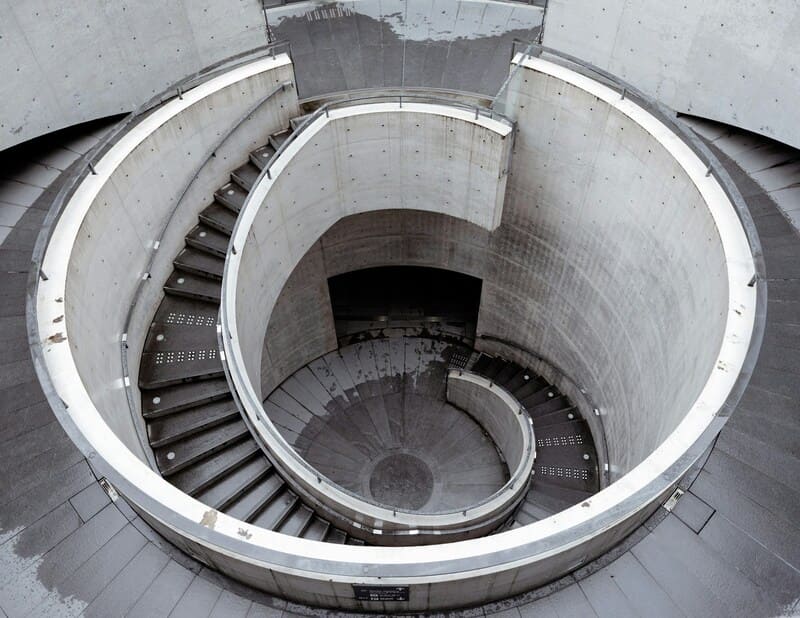1. Historical Background
Kobe, with its history as one of the first Japanese ports opened to foreign trade in 1868, has a unique international heritage. This is reflected in the exotic architecture of the Kitano-cho area, where many foreign merchants and diplomats lived during the 19th century. The city's port, Kobe Port, has played a pivotal role in its development and contributes to its vibrant, cosmopolitan feel today.
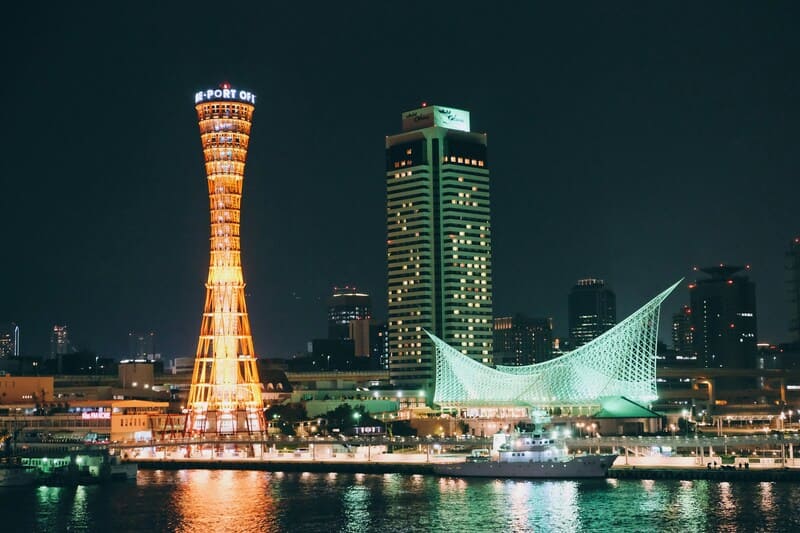
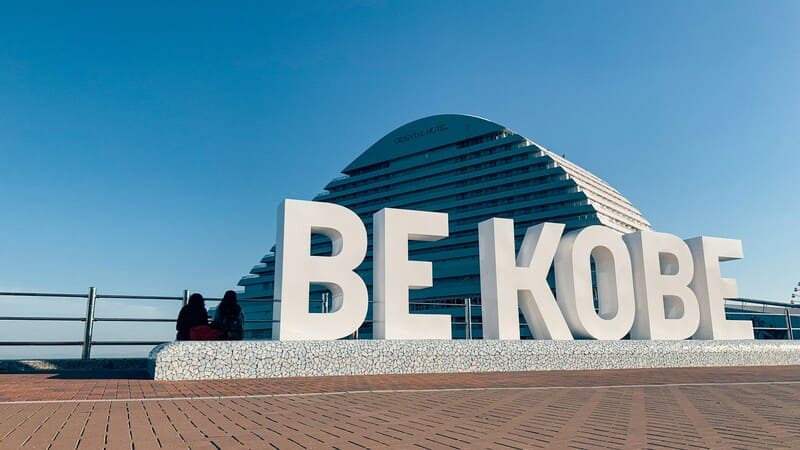
2. Cultural Diversity
Kobe's international influence is evident in its diverse cultural scene. The city is home to numerous annual cultural events, such as the Kobe Jazz Street Festival and Kobe Luminarie, an illumination event held in memory of the victims of the 1995 Great Hanshin Earthquake. These events showcase the city's resilient spirit and its embrace of global cultures.
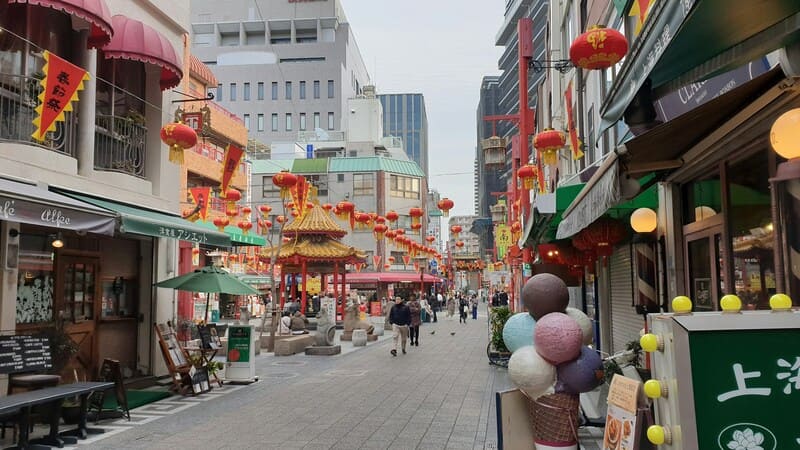
3. Culinary Delights
Kobe is world-renowned for its Kobe beef, a delicacy famous for its flavor, tenderness, and well-marbled texture. Beyond its beef, Kobe offers a rich gastronomic scene ranging from sophisticated French and Chinese cuisine to traditional Japanese sweets. The city's Nada district is one of Japan's top sake-producing areas, providing another layer to its culinary identity.
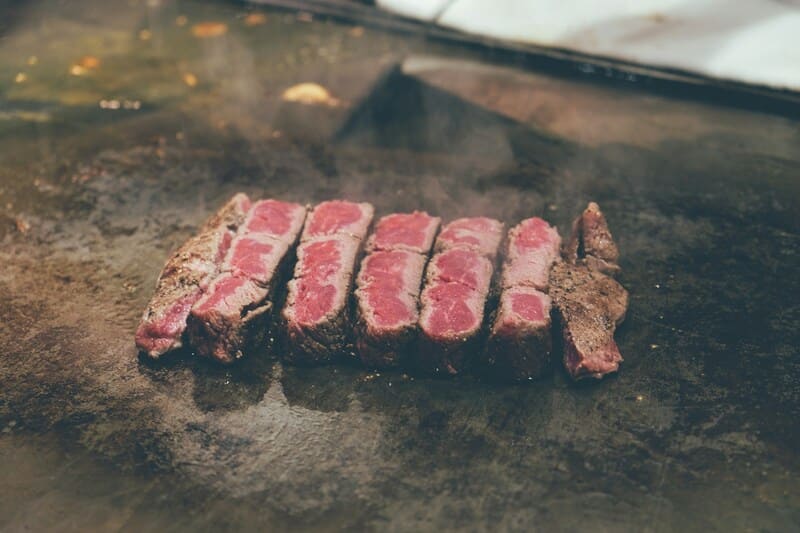
4. Natural Beauty and Recreation
The city's geographical setting provides ample opportunities for outdoor activities. The Rokko Mountain range offers hiking, botanical gardens, and stunning views over the city and bay. Meanwhile, the beaches on the south side of the city provide a great getaway during the warmer months.
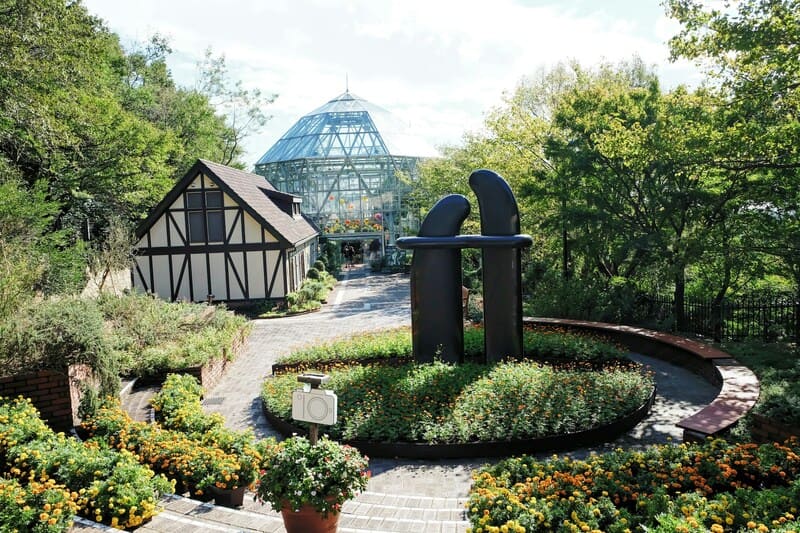
5. Architectural and Urban Highlights
Kobe’s urban architecture is a mix of modern and traditional designs. The Meriken Park area features modern landmarks like the Kobe Port Tower and the Kobe Maritime Museum, housed in buildings symbolizing Kobe’s maritime heritage. The earthquake-resistant structures developed after the 1995 quake also speak to the city’s focus on innovative urban planning.
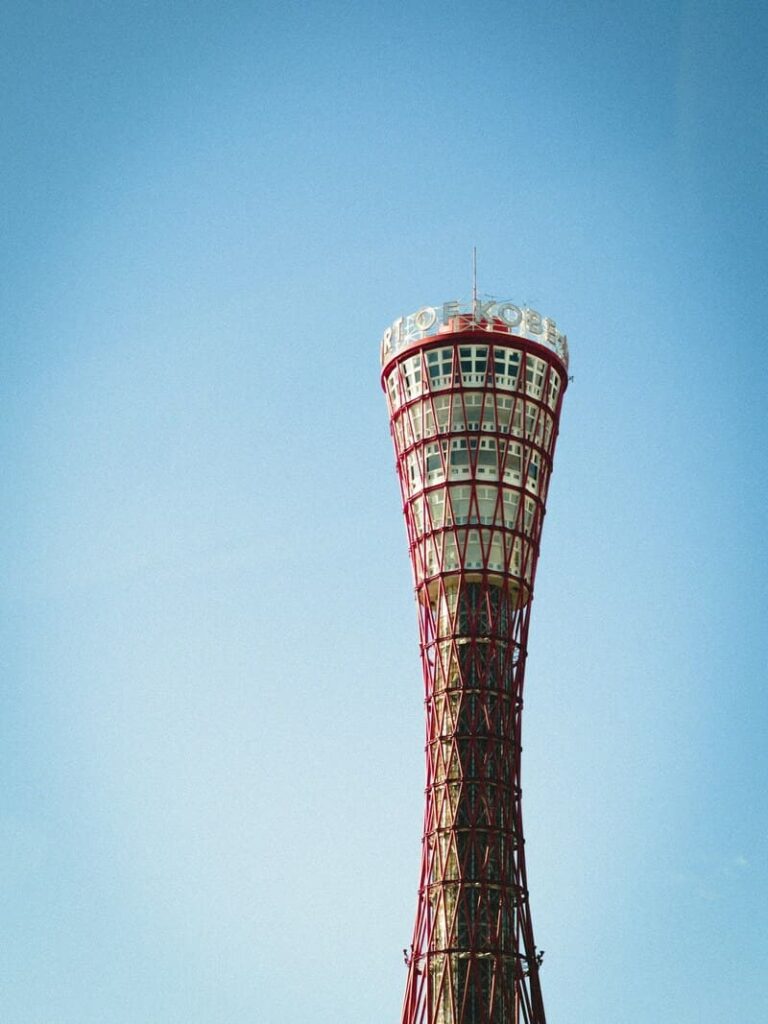
6. Art and Education
Kobe is not just about commerce and cuisine; it's also a center for art and education. The city boasts several museums, including the Kobe City Museum, which hosts exhibitions on history and art, and the Hyogo Prefectural Museum of Art, designed by the famous architect Tadao Ando. Educational institutions, like Kobe University, contribute to the city’s intellectual environment.
